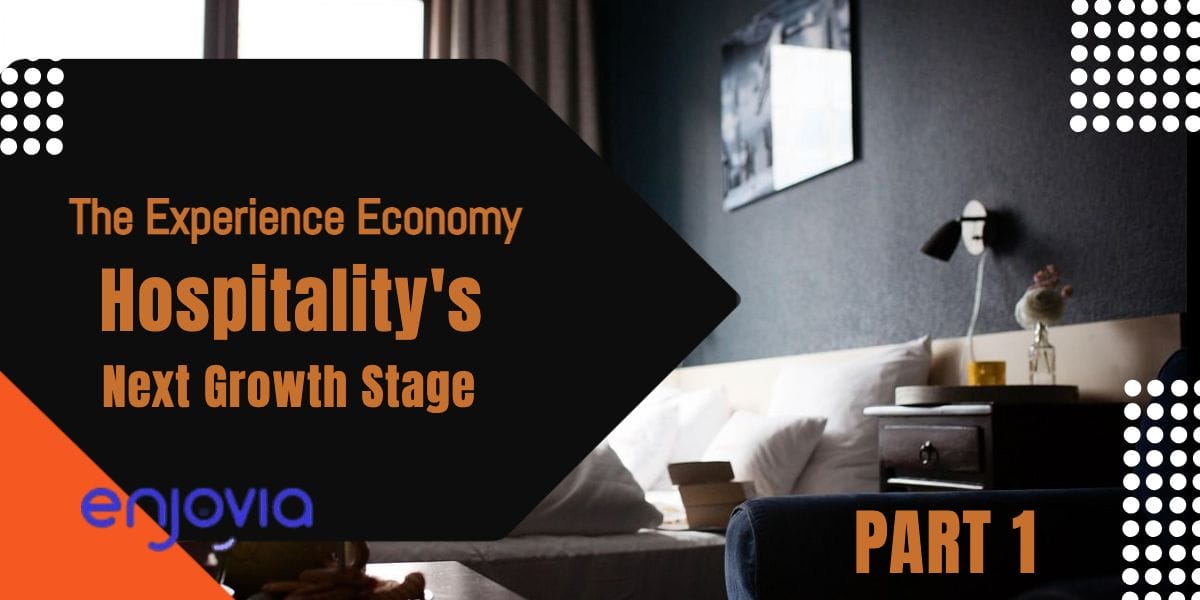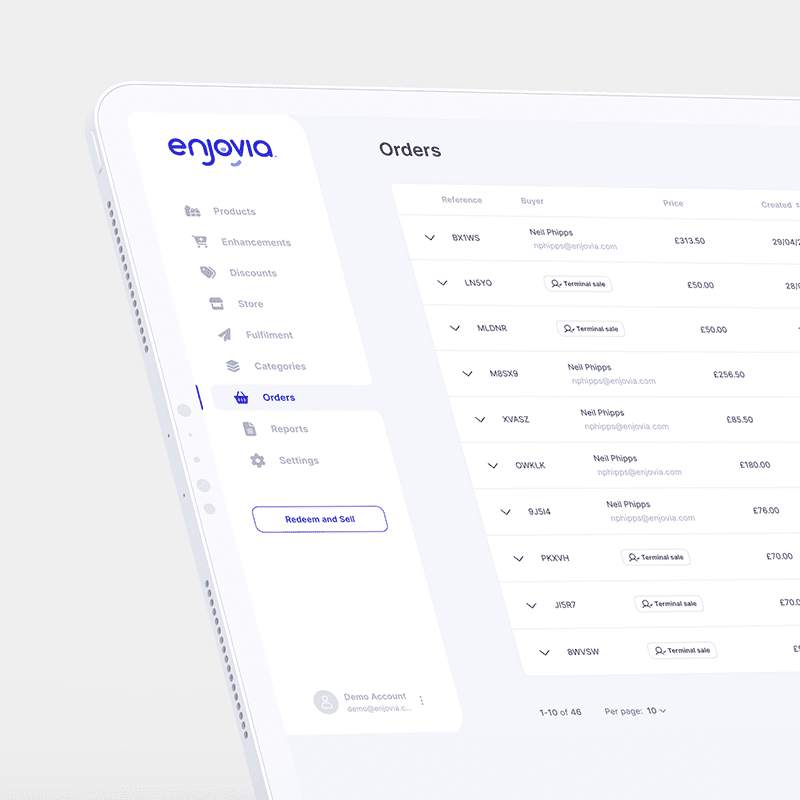
Quick answer: What Is the Experience Economy?
In hospitality, the experience economy is the shift you can see when guests start choosing places for how they feel rather than what they buy. It’s about the mood of a stay, the story behind a meal, the memory that makes people come back or tell their friends.
The Experience Economy Has Become the Hospitality Economy
Walk into any hotel or spa right now and you can feel it. The attention has moved from the things guests buy to how those moments make them feel.
You can see it if you spend time in the business. A couple buying a massage day instead of another gift card. A restaurant team turning a slow Thursday into a small tasting night just because people want something to remember. Guests are still looking for value, but what they really want is a feeling they can hold onto. That’s the space hospitality is working in now, the one people have started calling the experience economy.
It’s not a passing phase or a marketing idea. It’s a change in what people value when they travel and spend.
How the Experience Economy Is Shaping Hospitality
You hear people mention the Experience Economy a lot now, but the idea isn’t new. It first came up back in 1999 when Pine and Gilmore described it as the next step after goods and services. What’s changed is how deeply it’s shaped travel. Technology, social media, and the habits left behind from the pandemic have turned experiences into the main currency of the industry.
Reports back this up. The World Travel and Tourism Council expects the sector to reach around eleven trillion dollars in value this year. Hilton’s 2024 trends study shows more travellers mixing rest with a bit of discovery, and Gensler’s research found 73% of people are happy to travel further and spend more for something that feels immersive.
For anyone working in hospitality, the message is clear enough. Growth now depends on how well you can design and deliver experiences that guests want to come back for, or tell their friends about later.
These shifts sit at the centre of current hospitality trends, shaping how operators think about travel, design, and guest connection.

How Hotel Guest Expectations Have Changed
Guests care about comfort, but additionally, they’re looking for something deeper. They want to be part of a story, create a memory- not just another booking. A dinner that celebrates local produce or a quiet spa moment can mean more than any upgrade. The difference comes from how each part of the team shapes that feeling, from the welcome to the farewell. When it’s done well, the stay feels personal instead of routine.
How Hotels Create the Moments Guests Remember
The memories guests talk about later rarely come from one big gesture. They come from the flow of small, thoughtful details that fit together.
That’s what guest experience design really means in practice. Creating a rhythm guests can feel but not always name. When every part of the stay shares the same idea of what it should feel like, it shows.
It shows in everything they do. Guests will remember how it felt, and that’s what brings them back.
The Four Realms of Experience in Hospitality
Every strong guest experience usually hits a few emotional notes. The Four Realms of Experience help explain why some moments stay with people.
Entertainment
This one shows up first. You can feel it the moment you walk in. Maybe it’s music drifting from the bar, people laughing a little louder than usual, the chef stepping out to tell a story about what’s on the plate. It’s that mix of sound and movement that makes a place feel alive.
Education
This one’s about curiosity. Some guests like to understand what they’re tasting or seeing. A few minutes with the bartender showing how a drink comes together, or a gardener pointing out what’s in bloom, can turn a visit into a memory. They leave knowing something they didn’t before.
Escapism
This one is quieter. It’s when a guest forgets what day it is. Maybe they’re floating in the spa pool or walking a path they’ve never seen before. The noise of home drops away, and they’re just there in the moment. That’s escapism at its best.
Aesthetic
This one happens before a word is spoken. The light, the smell in the air, the way a space feels when you step inside. It’s what sets the mood before service even begins. Guests don’t always name it, but they feel it right away.
When a stay brings all of these feelings together, it starts to tell its own story. The guest might not think about entertainment, education, escapism, or aesthetics as separate things, but they feel the balance. Each touch, each sound, each small act of care adds another layer. That’s when service begins to turn into something more memorable.
From Service to Storytelling
When the elements of an experience come together, the story begins to tell itself. In the experience economy, every touchpoint becomes part of that story.
- Check-in can be an arrival ritual.
- Dinner can become a narrative of local ingredients.
- A farewell gift can remind the guest of how the visit felt.
- These stories are what turn a transaction into loyalty.
- They also spark the kind of word-of-mouth that marketing can’t buy.
The Business Case for Experience-Led Growth
Designing better experiences is not only about creativity. It directly improves key metrics and, as our Gift Card Trends in Hospitality report shows, can open new prepaid revenue streams through experience-led gift programmes.
Higher emotional satisfaction increases repeat visits.
Immersive experiences lift average daily rate and on-site spend.
When guests talk about your property, direct bookings rise and reliance on third parties falls.
Experience-led growth is measurable. Operators who invest in experience design see stronger brand preference and steadier year-round revenue.
This is how hotels, spas, restaurants, and golf clubs can grow without discounting or commissions.
It’s a practical example of experience-led growth, where creative design turns guest emotion into measurable results.
Looking Ahead- From Experience to Revenue
The Experience Economy is evolving into its next stage, sometimes called the Transformation Economy, where guests seek personal impact as well as pleasure.
For hospitality leaders, the question is how to turn this demand into consistent income.
One of the most effective ways is to package and pre-sell those experiences so that revenue arrives before the stay.
This approach also answers the rise in experiential travel, giving guests something to anticipate and operators income they can rely on.
FAQ
What is the Experience Economy in simple terms?
How is the Experience Economy affecting hotels in 2025 going into 2026?
What are examples of experiences in hospitality?
What is experience-led growth?
If you want to see how leading operators are turning their experiences into prepaid revenue, read our next article:
Experience Gift Vouchers - Hospitality’s 2025 Growth Play.

